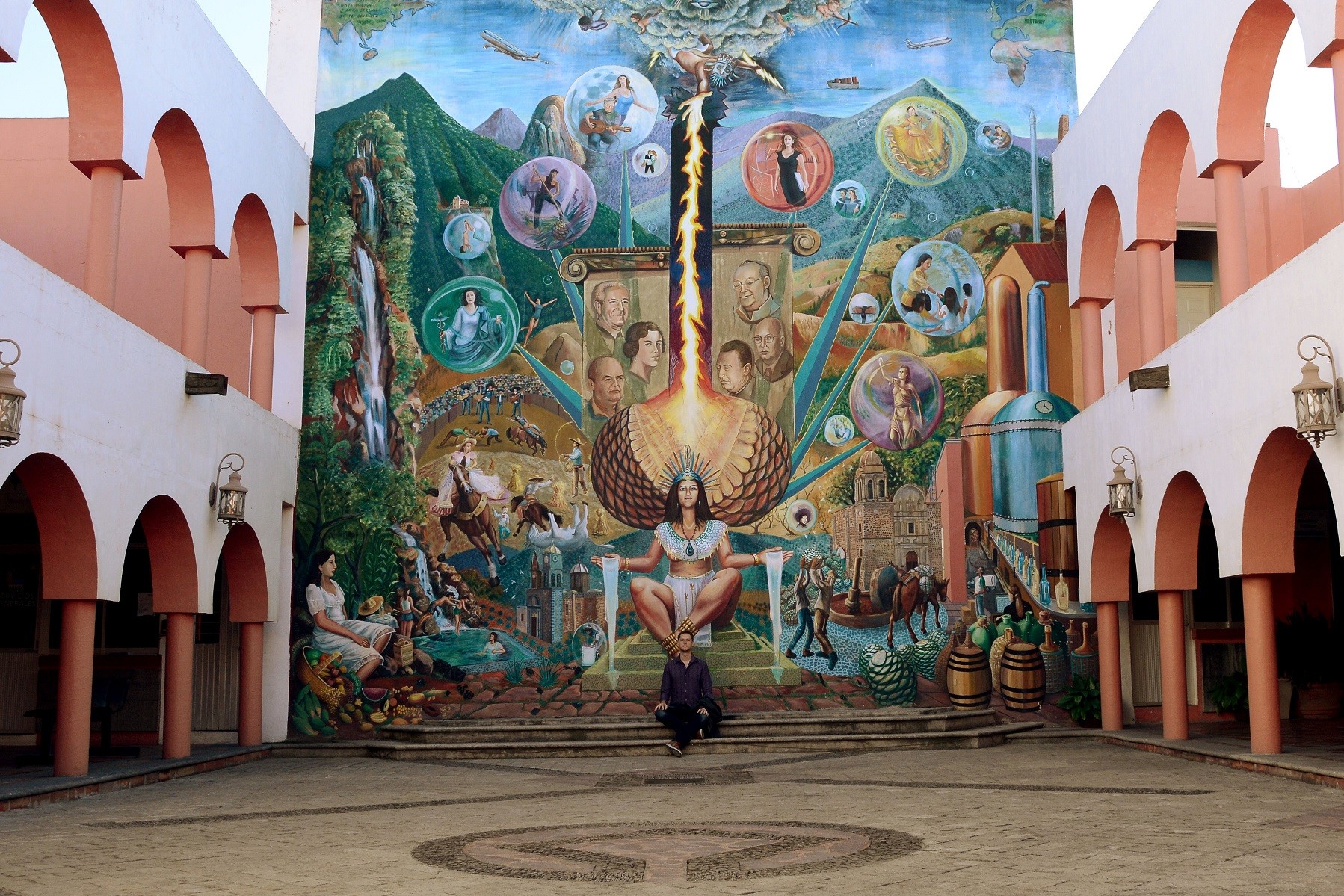The Story: The dream of cryptocurrency and what to do about it
Most people hear the word “Bitcoin”, they don’t think much of it, or they think only about drug markets on shady parts of the web. Bitcoin, Dash and digital currency in general are similar to the Internet itself in some ways. If you can think back to 1995, you might remember people saying how the Internet was full of paedophiles, pornography and other undesireable material – a place for nerd and perverts, but certainly not for regular people. Today, almost everyone who has the resources to access the Internet uses it on a regular basis, from shopkeepers in London to monks in rural Thailand. A technology which was once only for a few, quickly became a necessity for everyone.
Free digital currency – currency not controlled by any government – may be the greatest breakthrough in monetary technology since coins were first minted. However, just as with the Internet, the benefits are not obvious to most, unless they have a need to escape the restrictions of normal money. Farmers in Argentina use these currencies to escape the will of banks telling them how to grow and what to grow. Activist organisations such as Wikileaks use it to accept payments when governments try to block them. Impoverished Venezuelans use it to smuggle in food to feed their families, as the national currency collapses before their eyes. If you want to send money across the world cheaply, or to find a way to save money so it isn’t eroded by inflation, or you have a desire to see a better world where everyone has a chance to live comfortably, could a currency such as Dash or Bitcoin help you?
In this episode, Kurt discusses the dream, the highest ideals of digital currency – ending war and providing a means for the masses to escape poverty and reach prosperity, removing power from central banks and holding governments accountable to the public they are supposed to serve. He also gives an overview of how to acquire Dash or Bitcoin, some pitfalls to avoid losing your money, and some ways you can earn this currency.
Join us in an industry-disrupting episode of … The Paradise Paradox!
Disclaimer: Nothing in this video or podcast is to be construed as financial advice.
The Eps:
Dash vs Bitcoin – Which will reach mass adoption first?
Bitcoin vs Dash – Ridiculous comments about Dash
Why Amanda B. Johnson loves Dash
The Links:
Travelling using Dash by Joël Valenzuela
Dash Nation Slack or Dash Nation on Discord
Purse.io – buy Amazon gift cards
Bitcart – buy Amazon gift cards
The Cash:
If you enjoy our posts, please become a patron on Patreon, or have a look at The Paradise Paradox’s page on Steemit where you can join, earn money, and upvote our posts to help support the show! You can also find a lot of additional content which is not posted on this site, with Kurt’s posts on Steemit.
We really appreciate all of your contributions! Every cent and satoshi we receive lets us know that we’re doing something worthwhile, that you are entertained by our program, and that you’re starting to question what you know more and more. Please be generous. Donate to The Paradise Paradox. Or buy some stuff on Amazon using this link. Or buy some of our great T-shirts here.
The Episode:
Audio PlayerTo download the audio, right click and press “save as”.
Remember to subscribe on iTunes or subscribe on Pocket Casts.
If you enjoyed the episode, don’t keep it a secret! Feel free to share it on Twitter, Tumblr, Facebook, Reddit, or your office bathroom wall.
